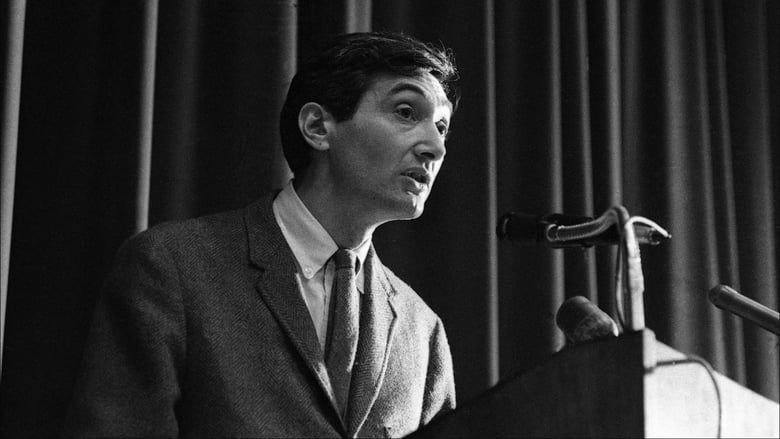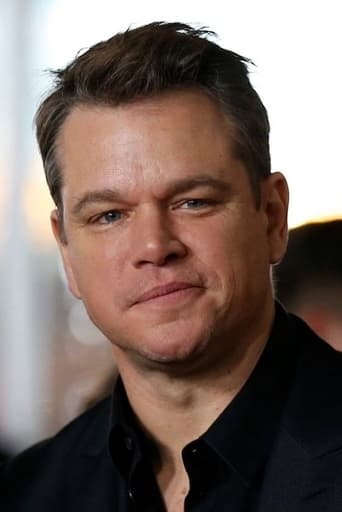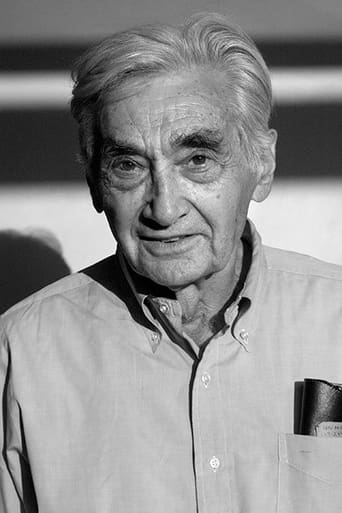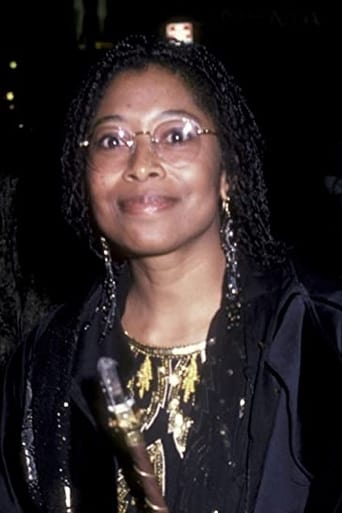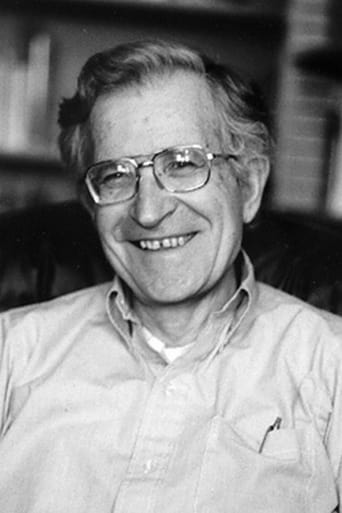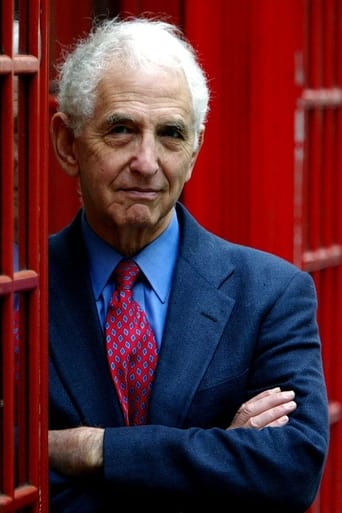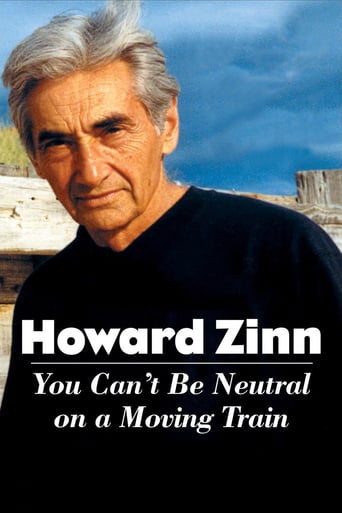
Howard Zinn: You Can't Be Neutral on a Moving Train
June. 18,2004You Can't Be Neutral documents the life and times of the historian, activist and author of the best selling classic "A People's History of the United States". Featuring rare archival materials, interviews with Howard Zinn as well as colleagues and friends including Noam Chomsky, Marian Wright Edelman, Daniel Ellsberg, Tom Hayden and Alice Walker.
Similar titles
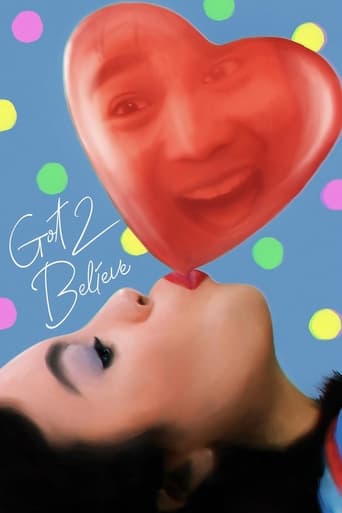
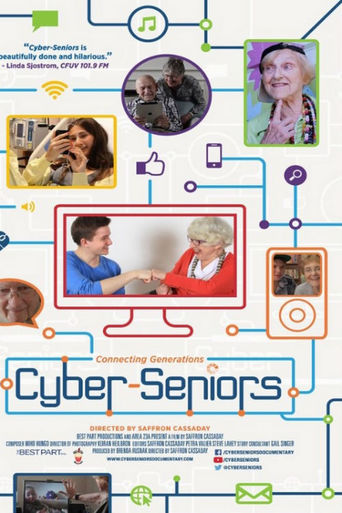


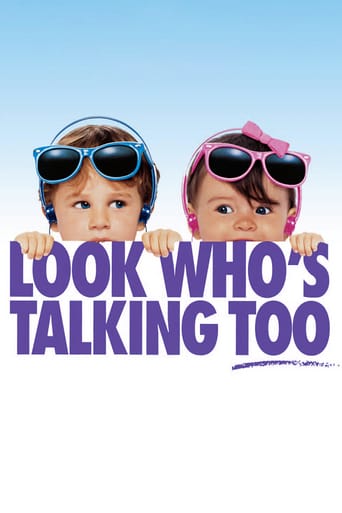
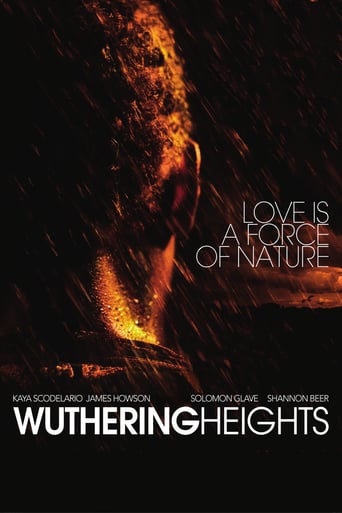
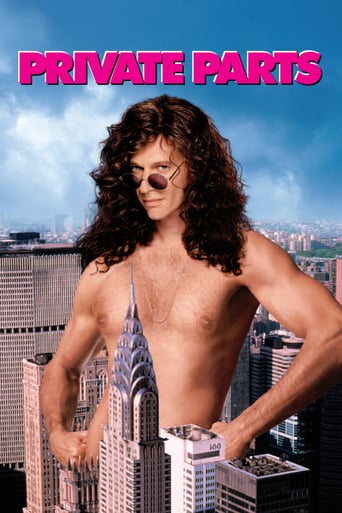
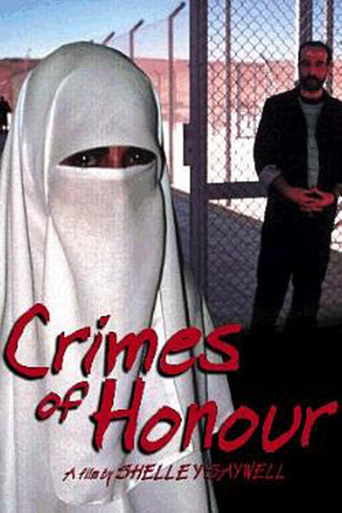
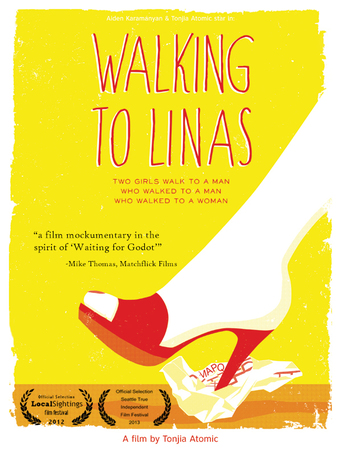
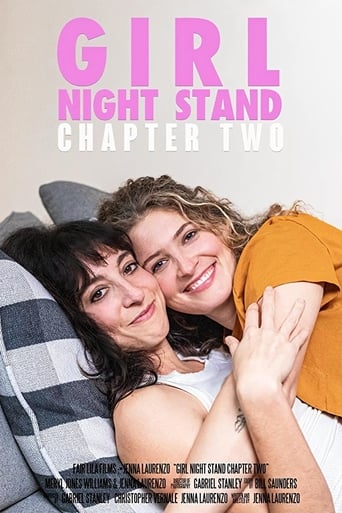
Reviews
Better Late Then Never
if their story seems completely bonkers, almost like a feverish work of fiction, you ain't heard nothing yet.
After playing with our expectations, this turns out to be a very different sort of film.
The film's masterful storytelling did its job. The message was clear. No need to overdo.
Howard Zinn: You can't be neutral on a moving train: DVD 2004.An engaging exposition of Zinn's remarkable insights and his personal history."If you go to war against a tyrant, you are killing the victims of the tyrant.""The resources of a university, of a college, should not be wasted in merely academic pursuits.""And if we do act, in however small a way, we don't have to wait for some grand Utopian future. The future is an infinite succession of presents. And to live now, as we think human beings should live, in defiance of all that is bad around us, is itself a marvelous victory.""The good things that have been done, the reforms . . . all of that was not done by government edict. . . . It was all done by citizens' movements. And then keep in mind that great movements in the past have arisen from small movements, from tiny clusters of people that have gotten together here and there. If you have a movement strong enough, it doesn't matter who's in the White House. What really matters is what are people doing, and what are people saying, what are people demanding.""I've always resented the smug statements of politicians, media commentators, corporate executives, who talked of how, in America, if you worked hard, you would become rich. The meaning of that was, if you were poor, it was because you hadn't worked hard enough. I knew this was a lie—about my father, and millions of others: men and women who worked harder than anyone."The quotes are from Zinn's books, https://www.goodreads.com/search?utf8=%E2%9C%93&query=Zinn%2C+Howard speeches, and interviews."The law is made by very mortal people. Very limited people. Very opinionated people. And people who have very special interests.""I wanted to go fight against fascism. I volunteered for the air force. . . . I got my lieutenant's bars and my bombardier's wings. I was in the air force 2.5 years. . . . We bombed a little town in France. The war was a few weeks from being over, and everybody knew it. There were several thousand German soldiers around the town. They weren't doing anything, they weren't bothering anyone, they were just waiting for the war to end. . . . Several thousand people were killed. . . . Only after the war did I begin to question the total goodness of the good war. . . . It remains to be seen how many people in our time will make that journey—from war, to nonviolent struggle against war. It is the great challenge of our time: how to achieve justice—with struggle, but without war.""We have learned something, these past few years, about the inadequacy of our regular political structure to bring about desirable social change in a situation of urgency.""When people turn in desperation to marches and parades, picketing, sit-ins, mass meetings, and freedom rides, this suggests that the normal channels of government are inadequate for the expression of their grievances, and that the mechanism for solution is arrested.""We cannot be secure by limiting our liberties, . . . but only by expanding them.""There has always been a common-sense perception that there are things seriously wrong, and that we can't really depend on those in charge to set them right.""I'm supposing, or perhaps only hoping, that our future may be found in the past's fugitive moments of compassion, rather than in the solid centuries of warfare.""In my case there also was a sort of a single event which you can sort of point out as important. And I guess that was the event that when I was 17, these young communists in the neighborhood took me to a demonstration in Times Square. I had never been to a demonstration, but, it sounded exciting, you know, young kids will do anything for excitement. I vaguely thought that probably they were demonstrating for something good, like, 'no more war' or something. . . . I see policemen on horses galloping through the crowd, and hitting people. While I'm just taking this in, I am spun around and hit, on the side of the head, and knocked out. It had suddenly come home to me that, hey, I guess the police are not neutral. I guess the government is not neutral. . . . It was a turning point in my political consciousness.""The best way to make sure that a country turns to communism is to put foreign military forces in it. . . . then the communists will have a nationalist cause which they can use against the foreign power.
Howard Zinn has had a fascinating life, going from working-class soldier to civil rights activist to pioneering historian. The strengths of this documentary is, then, its remarkable subject matter and the inevitable power that comes with it. It's hard not to be moved, for instance, hearing Zinn recount his realization that he was test-dropping napalm in the dying days of WW2.Unfortunately, the documentary takes a fairly standard hagiographical approach that you often see in documentaries about intellectuals, elevating the person above their ideas even when this seems to go directly against the "people's history" approach that Zinn so argued for. Moreover, it sticks to the same tired talking-heads/archival-clips-and-photos approach that you've seen in every documentary. Hell, you've probably even seen these specific talking heads and photos in many other movies.Pick up a copy of A People's History of the US, or one of Zinn's other books, but you can skip this documentary. In the end understanding the man's ideas are more important than biographical worship of the man himself.
This documentary travels deep inside leftist political circles and, perhaps, deep inside any group of true believes who have held the same beliefs for their entire life. The major issues are settled, and there is distrust and an assumption of hostility in the actions of anyone or anything which counters those settled beliefs.For example, the story of when Dr. Zinn traveled to North Vietnam at the invitation of the NVA to bring 3 POWs home is a story of a peace-loving man traveling to a foreign land in order to bring home three countrymen. There is a blindness to the idea that, for the Soviets and NVA, the propaganda value of undermining US policy by 'negotiating' with a sympathetic leftist superseded any other consideration; this idea is not even given the consideration of a mention, nor are the potential consequences of Dr. Zinn's private diplomacy. Of course, Zinn marvels at the loveliness of the North Vietnamese culture, including having a grand time during a subterranean sing-a-long, and he, of course, makes the requisite denunciation of American bombing. He scoffs at the idea that Americans might have been abused by the NVA, having a good chuckle at the expense of an official who believed that American POWS were being abused; the documentary makes no mention of what's been learned since Zinn had his chuckle. Then, upon Dr. Zinn's return home, he is baffled by the US military and government's desire to examine, debrief, and return the 3 POWs, as opposed to Zinn being allowed to do so, and it is made plain that this is yet another example where a lying hostile US government thwarted the actions of a peace-loving man.That is not to say Dr. Zinn didn't face other trials. He spoke out against the board of trustees of his university, and there's intense speculation that the tenure he received that day might have been put in jeopardy because of the dark forces at work on the board of trustees. He had to teach at a school with a university president who disagreed with him on politics. He has been arrested after a peace rally where he spoke turned into a riot. He also believes the FBI might have had agents among the crowd at some of his peace rallies. Yet, he has come through and triumphed despite these hardships.And his triumph includes his belief that there is no need to obey the law. Law, Dr. Zinn tells us, is made by 'flawed, limited, petty' men who then treat it as a 'holy writ', rendering law and courts based on said law as arbitrary as the shifting sands. That there are peaceful methods, such as elections and courts, for changing laws is insufficient. Direct, passionate, and selected rioting will get the government's attention and change things for the better. Noam Chomsky and Daniel Ellsberg also offer commentary.
Traditional American History textbooks describe the American Revolution as a glorious revolt against tyranny, and the resulting government as a beacon of democracy for the rest of the world. In Zinn's A People's History of the United States, he provides evidence that the revolution served the interests of an elite ruling class, and the resulting government was in many ways as tyrannical as the government it replaced.By telling history from the point of view of the oppressed, Zinn has transformed the way history is taught in American classrooms. In this cinematic exploration of his life, it becomes clear that he has lived his life in accordance with his principles.The movie makes excellent use of interviews with important leaders -- Alice Walker, Marian Wright Edelman, Tom Hayden, Daniel Berrigan and others -- to tell about Zinn's influence as a leader against Jim Crow laws in Georgia, as a primary leader of the Peace Movement during the Vietnam War, as a union activist at Boston University, and as a leader in the anti-War movement during the Iraqi conflict.If you're not familiar with Zinn's writings, you will be inspired to read about him after watching this movie.Highly recommended.
Top Streaming Movies











